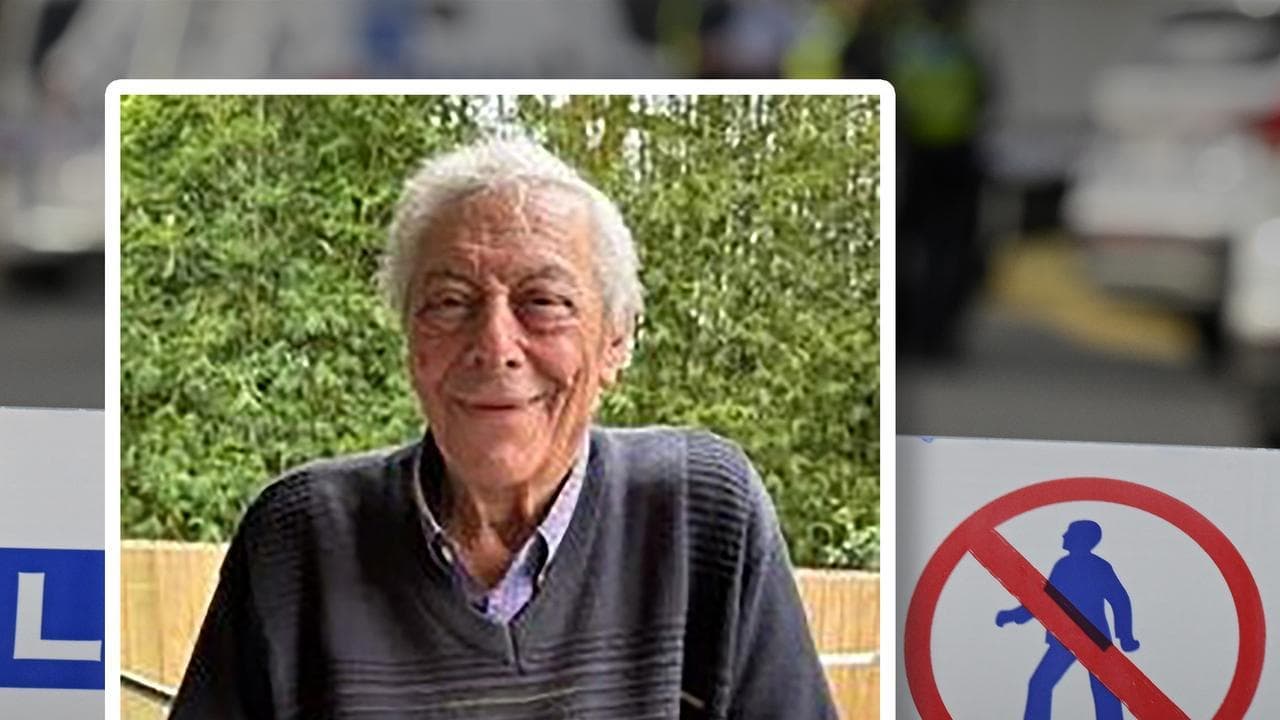The Statement
Multiple social media posts claim that "75% of Australians" are against COVID-19 vaccines based on the results of an online poll.
A June 7 Instagram post by an Australian user shows a screenshot of a 2020 article from news.com.au on COVID-19 vaccinations, highlighting two online polls.
One poll asks, "Would you take a COVID-19 vaccine?", and shows 70 per cent of respondents said no, while the second poll asks "Should the COVID-19 vaccine be mandatory?" with 75 per cent voting no.
"75% of Australians now 'Anxi-vaxxers," is the meme's headline over screenshots from the article, with black boxes highlighting the poll result numbers.
The post had more than 850 likes at the time of publication. Versions have been shared by Australian users multiple times dating back to August 2020, while the same imagery has also been shared in countries such as the US, Italy, Malaysia and Canada.

The Analysis
The poll results shown in the meme accurately reflect those in the source article, however such online surveys are prone to manipulation and bias. Surveys conducted by credible polling organisations indicate far lower levels of anti-vaccination sentiment in Australia than those depicted in the posts.
The poll numbers were taken from a news.com.au article published on August 19, 2020, with the headline, "Coronavirus vaccine: Anti-vaxxer fury over Australian government deal." The two polls in the article had each recorded more than 100,000 votes at the time of writing.
A search on Facebook reveals several posts calling for people to vote a particular way in the poll in an apparent attempt to influence the outcome.
"Do the poll. Say NO to both questions," one post urged. A user replied, "I just voted a second time! Lol", while the original poster responds, "100000 more times please."
Online polls such as those included in the news.com.au are known as self-selection surveys, where participants choose to take part. They differ from polls conducted by a companies such as Australian research firm Roy Morgan, which interviews representative samples of the population.
The online poll also allows readers to vote multiple times using different devices or browsers, for example, whereas professional pollsters ensure participants only vote once.
Professor Scott Sisson, the head of statistics at UNSW Sydney, identified several problems with claiming that online polls such as the posts' example represent overall public opinion.
"It is difficult to use polls like these to make statements about the opinion of all Australians, simply because 'all Australians' are not represented in the group of people being surveyed," he told AAP FactCheck in an email.
"Because only one sub-demographic of 'all Australians' is being surveyed, it is highly likely that the results of the poll only represent that sub-demographic, and as a consequence, the poll results may not properly represent the wider public opinion."
Prof Sisson noted that an online survey restricts its base to those who visit that website - known as sampling bias - and can further restrict its audience to those who are inclined to respond to online polls - known as response bias.
"The results of any poll can quickly become meaningless at best, or worse, deliberately manipulated to support a given agenda," he said.
More rigorous scientific polling in Australia comes up with different results for the proportion of people who support vaccination.
A Roy Morgan survey conducted in April found that 83 per cent of Australians had been or were willing to be vaccinated against COVID-19, while an Australian Bureau of Statistics poll in June found that 73 per cent of Australians agreed or strongly agreed they would get a vaccine.
On the question of mandatory vaccination, a study by the University of Sydney and the University of Western Australia found 73 per cent of Australians supported some kind of vaccine requirement for work, travel and study.
When it comes to gauging vaccine hesitancy, a survey for The Sydney Morning Herald and The Age in May found 29 per cent of respondents said they were either not at all likely or not very likely to get vaccinated against COVID-19, although the results excluded people who had already received at least one vaccine dose.
Various researchers have written about the problems of self-selecting online surveys. Dutch survey methodologist Jelke Bethlehem wrote in a paper for the International Statistical Review that self-selection "leads to unreliable survey outcomes".
"(Self-selection) has a serious impact on the quality of survey results … Estimates are often substantially biased," the paper says. (page 162)
The Pew Research Center, an American media research group, also looked at the topic, noting that "most online polls that use participants who volunteer to take part do not have a proven record of accuracy".
There have long been concerns about online polling, and many pop culture-themed polls have been "hijacked" by online activists to intentionally skew a result. Some news sites will run a disclaimer on polls (examples here and here) stating they are not scientific and for entertainment purposes only, although the poll on news.com.au does not carry this disclaimer.
Prof Sisson said polls like the example cited in the posts are "inherently untrustworthy in gauging the wider public opinion".
"You could also just survey people coming out of the vaccination clinics around Australia. Here you would quite obviously find strong support for vaccines, but here you would not be representing the sub-demographic of all Australians who do not favour vaccines (for whatever reason)," he said.

The Verdict
The figures in the posts correctly represent a news site's online survey on vaccination, however it is misleading to claim that the results are an accurate representation of the wider Australian population's views. Credible polls show much lower levels of vaccination refusal or hesitancy than those highlighted in the article and posts.
Missing Context - Content that may mislead without additional context.
AAP FactCheck is an accredited member of the International Fact-Checking Network. To keep up with our latest fact checks, follow us on Facebook and Twitter.












